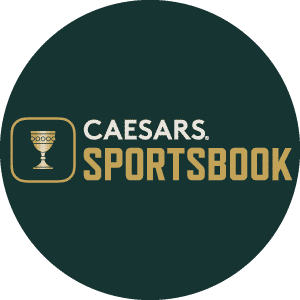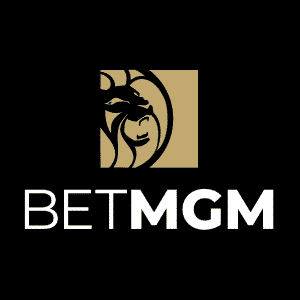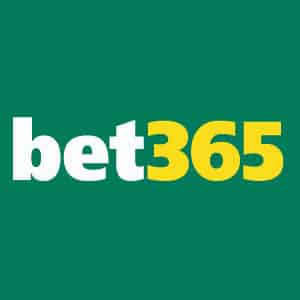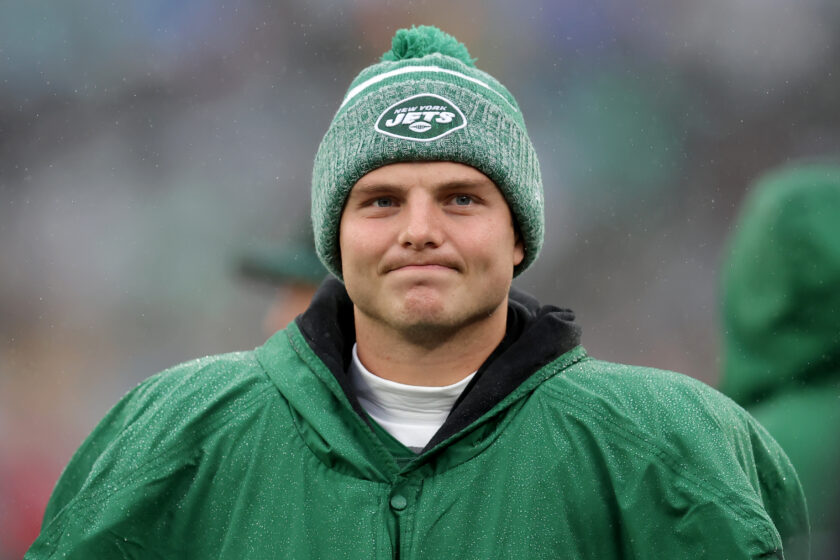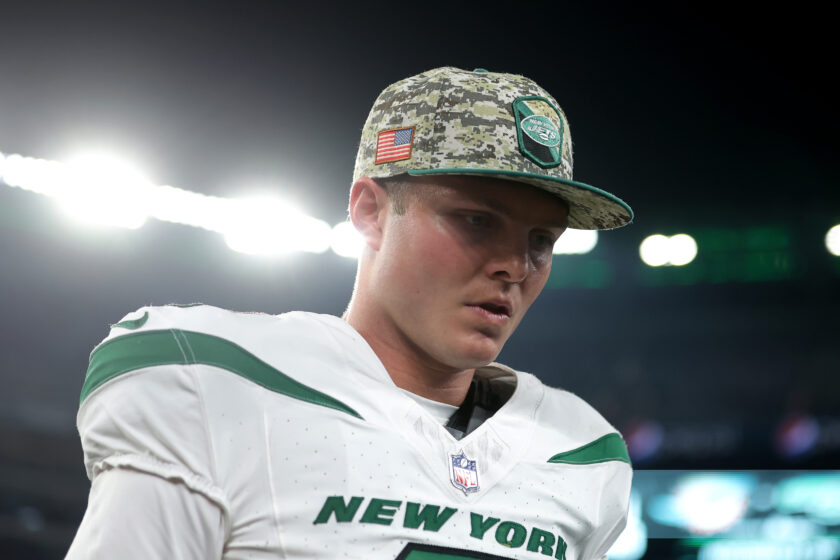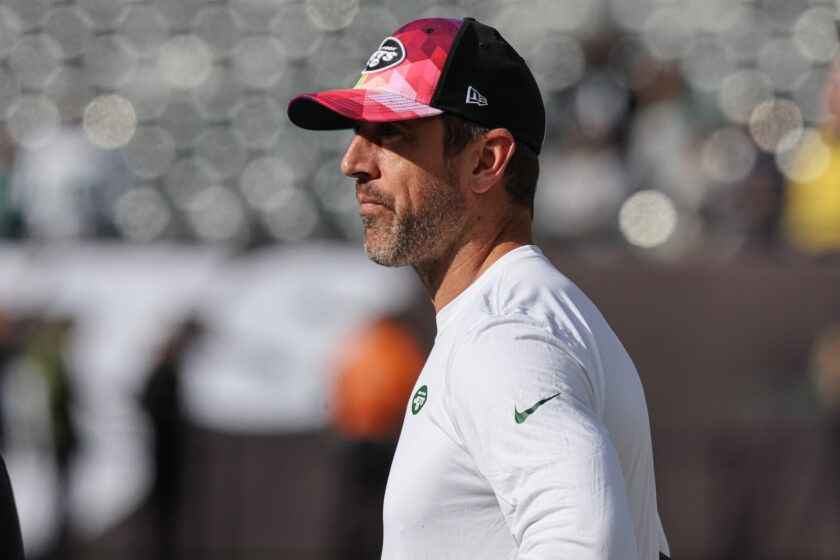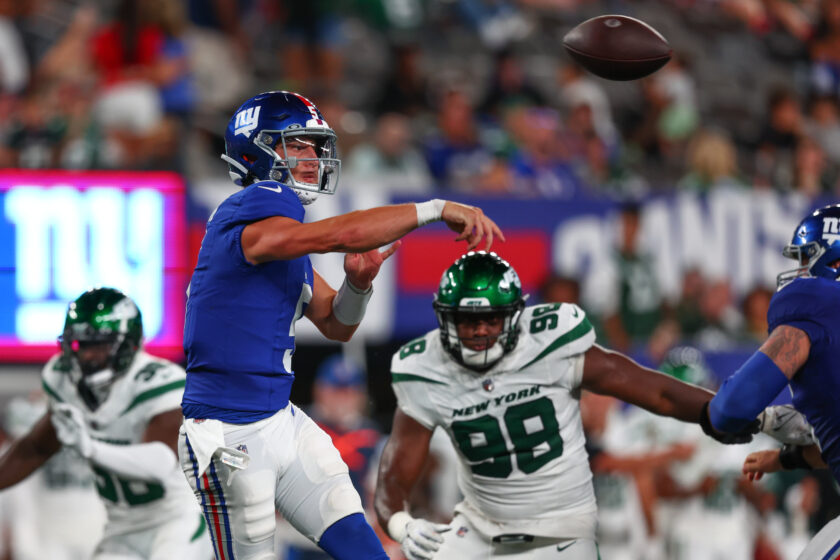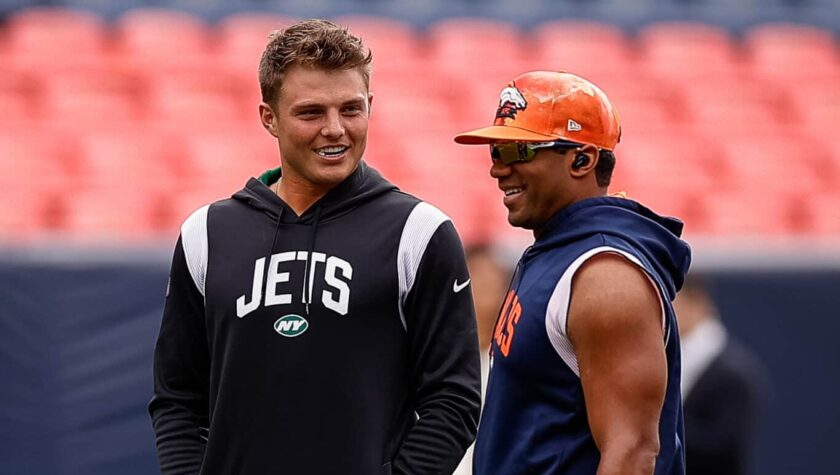Carson Wentz traded to Colts, what it means for a potential Sam Darnold trade
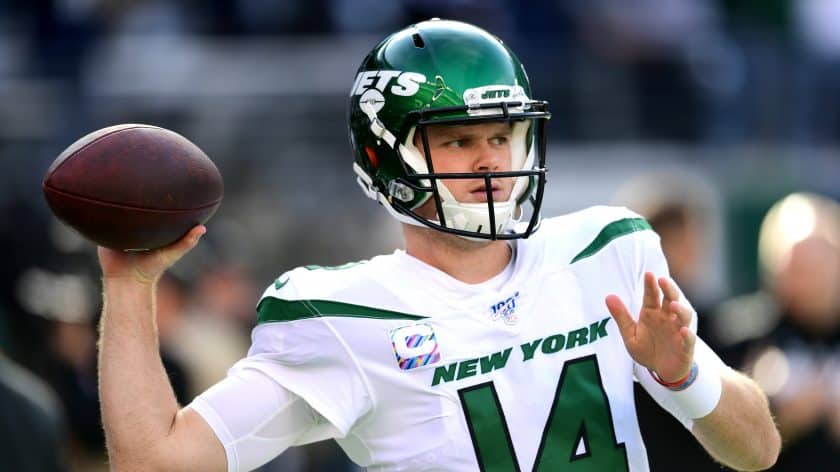
The Philadelphia Eagles have traded quarterback Carson Wentz to the Colts for two draft picks.
[sc name=”ryan-honey-banner” ]The already-sensational 2021 offseason continues with yet another trade of a quarterback.
On Thursday, ESPN’s Adam Schefter reported that the Philadelphia Eagles have agreed to trade the struggling and unhappy Carson Wentz to Indianapolis.
In return, Philly snagged a 2021 third-round pick and 2022 conditional second-round pick. The second-rounder could turn into a first-rounder if Wentz plays at least 75% of the Colts’ offensive snaps next season or at least 70% of the snaps and Indianapolis makes the postseason.
Barring injury (or noteworthy on-field issues), Wentz is expected to spend that amount of time on the field with his new team, and given the talent in and around that organization, there’s a decent chance the Colts make it back to the postseason as well. Thus, the odds of that draft pick becoming a first-rounder are arguably significant.
This is notably less than the Detroit Lions received last month when they traded Matthew Stafford to the Los Angeles Rams for two first-round picks, a third-round pick, and 26-year-old Jared Goff. Goff has been to two Pro Bowls and started the Super Bowl after the 2018 regular season.
Why New York cares
The big story in the New York market has been the quarterback situation for the Jets. Sam Darnold is still young and the organization has overhauled the coaching staff, but the Jets are still reportedly looking to improve at the most important position on the field.
So how does this deal impact the potential return if the Jets can find a suitor for Darnold?
Adam Schefter has stated he believes Darnold could bring back a late first-round pick. This was partly based on the return in the Stafford deal. And, to some, the belief that Darnold is worth a late first-rounder is probably absurd.
But given this Wentz deal and how he performed this past year in Philly, the idea of that hypothetical Darnold trade coming to fruition may not be complete fiction.
What is Darnold worth?
Looking at the numbers, Darnold’s statistics aren’t too far off from those of the newest Colt.
Both played 12 games last year, making it easy to compare the numbers. While Wentz completed 57.4% of his throws, Darnold completed 59.6% amid a number of injuries to his top wideouts — Jamison Crowder, Breshad Perriman, and Denzel Mims.
It’s worth noting that Wentz’s three main wide receivers succeeded more in gaining separation from opposing defenders. Per Next Gen Stats, Travis Fulgham, Greg Ward, and Jalen Reagor recorded average separations of 2.5, 3.5, and 3.3 yards, respectively (average of 3.1 yards). Crowder, Perriman, and Mims averaged 3.1, 2.6, and 2.1 yards of separation (average of 2.6 yards).
Darnold was additionally more careful with the football, turning the ball over 13 times (11 interceptions, two lost fumbles) in comparison to Wentz’s league-leading 19 turnovers (15 picks, four lost fumbles).
Both quarterbacks recorded right around the same rating (72.8 for Wentz, 72.7 for Darnold) and yards-per-attempt rate (6.0 for Wentz, 6.1 for Darnold).
However, Darnold was handicapped by a worse rushing attack than Wentz; the Jets averaged 105.2 yards on the ground per game while the Eagles gained an average of 126.7 rushing yards.
You could easily argue Darnold was playing amid more dysfunction with a worse head coach. Doug Pederson led the Eagles to a Super Bowl a little over three years ago, while many wanted Adam Gase out of Florham Park beginning in 2019.
One of the only factors in Wentz’s favor here is the fact that he dealt with a worse offensive line last year and took 50 sacks (Philly’s unit allowed a league-leading 65 overall). Darnold took 35 sacks in 2020 (the Jets allowed a total of 43).
However, even after providing all of these crucial statistics, there’s the ever-important financial side to this as well.
What about the money?
One of the reasons the Eagles are possibly acquiring a first-round pick in this trade is because of the dead cap they’ll still need to endure. Now that they’ve officially parted ways with Wentz, they’ll be carrying the highest dead cap total ($33.8 million) in league history — not ideal whatsoever.
Darnold and the Jets are currently in a much different situation in regard to the numerical values within his contract. Entering the fourth year of his rookie deal, Darnold is set to count just $9.8 million against the cap in 2021. The dead cap charge would be the exact same.
The financials will not force the Jets to request a first-round pick at Darnold’s expense nor provide them with the leverage to, which would keep the negotiations at around a second or early third-round pick, or possibly both.
The bottom line is that Darnold’s ultimate trade value could go either way. The statistical comparisons say one thing; the financials say another. Many believe a second-rounder is reasonable, but at the same time, a number of teams with late first-round picks — notably Washington and Chicago — may need new quarterbacks and could make a move.
Time will tell what Darnold’s eventual fate encompasses.
- DRAFTKINGS SPORTSBOOK
BET $5 & GET $150 IN BONUS BETS INSTANTLY!
- FANDUEL SPORTSBOOK
BET $5, GET $150 BONUS!
- CAESARS SPORTSBOOK
$1,000 BET ON CAESARS!
- BETMGM SPORTSBOOK
BET $5, GET $158 BONUS!
- BET365
GET $150 BONUS OR $2,000 FIRST-BET SAFETY NET!



